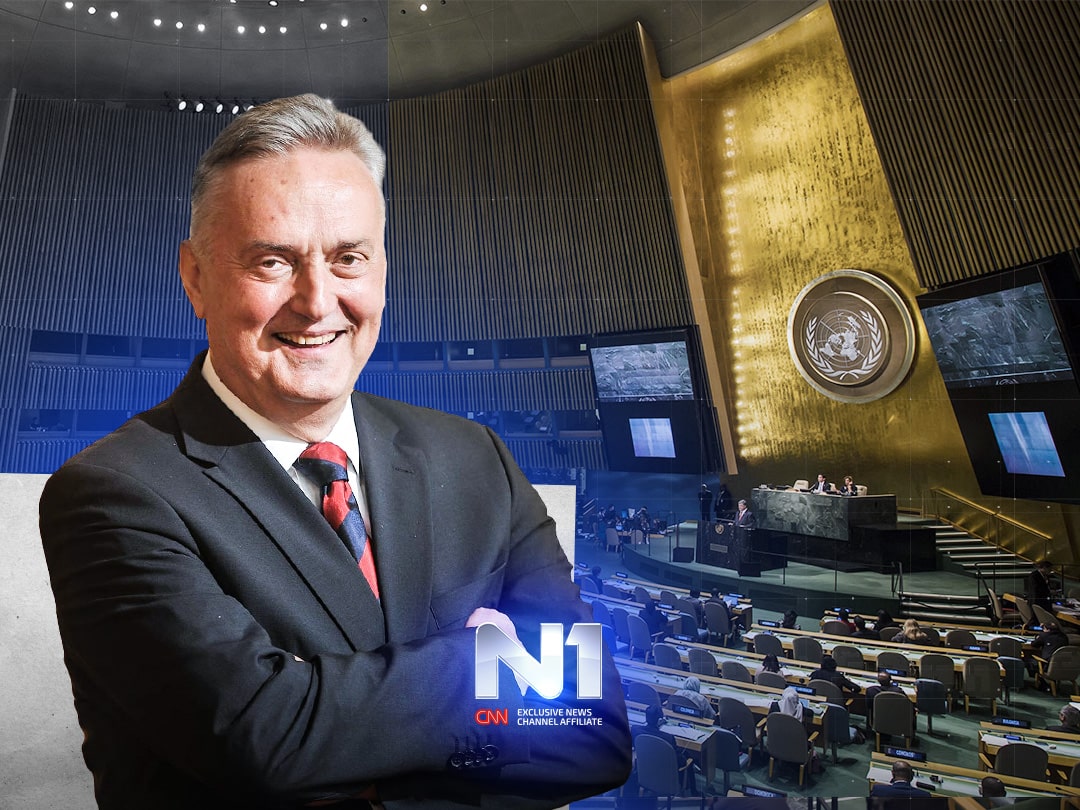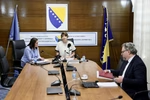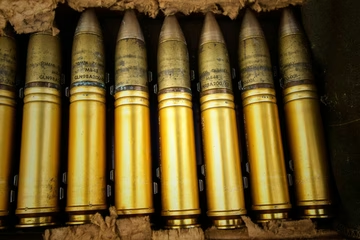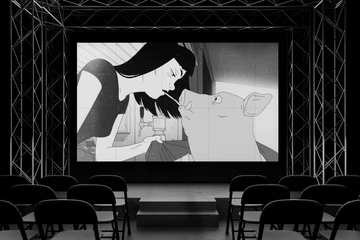Bosnia's Ambassador writes to UN member states in response to Serbia's letters

Bosnia's Ambassador to the United Nations Zlatko Lagumdzija responded to the letter of the Chargé d'affaires of the Permanent Mission of Serbia to the (UN), Sasa Mart, who wrote to the President of the UN General Assembly and to all state missions in the UN asking them to reject the Resolution on the Srebrenica genocide. Lagumdzija condemned the letter as well as threats of violence should the Resolution be adopted. You can read the entire letter below:
"While taking note of the quite repetitive communications from the Permanent Mission of Serbia to the UN on the topic of the draft resolution “International Day of Reflection and Commemoration of the 1995 Genocide in Srebrenica,” please allow me to underline the following:
The sensitive issue of the war in Bosnia and Herzegovina remains as such only for neighboring Serbia, unable to move from the narrative of the 1990s. “Issue,” in this instance, is a judicially established fact that crimes committed in Srebrenica were genocide. Genocide happened, and both the International Court of Justice (ICJ) and the International Criminal Tribunal for the former Yugoslavia (ICTY) determined this in their respective judgments. No one but Serbia questions and denounces this.
Over 8,000 souls that perished in the most brutal manner in 1995 still try to find peace, while their families try to find some resemblance of solace and closure in the dignified burial of the remains. Many family members still roam the hillsides and woods of Eastern Bosnia in a futile
attempt to recover at least a bone, fracture of a scull, any part of the body to be buried, to have a final resting place, to again have a name, albeit on a gravestone.
To designate 11 July as an “International Day of Reflection and Commemoration of the 1995 Genocide in Srebrenica” is but a small token for the recognition of the suffering survivors and their families continue to endure. Establishing this day would show commitment towards justice and truth and would acknowledge the human dignity of the victims and the survivors of the genocide of Srebrenica, as they continue, on a daily basis, to be subjected to rampant and ruthless genocide denial, historical revisionism, and the threat of renewed violence.
As for the internal dynamic in Bosnia and Herzegovina, notwithstanding our obligations to respect and implement legally binding judgments of UN permanent courts and ad hoc tribunals as a full-fledged member of the UN, Article 9 of the Dayton Peace Agreement obliges all the parties (Bosnia and Herzegovina, Croatia, and Serbia) to respect and cooperate “in investigation and prosecution of war criminals and other violations of international humanitarian law.” The Presidency of Bosnia and Herzegovina, with or without consensus, or anyone else, Minister or Ambassador of Bosnia and Herzegovina, cannot engage in discussions on Srebrenica that outright deny genocide committed there, nor has the authority to question or could be above the final proclamations of the judicial institutions of this Organization. One such action would need to be preceded by amendments to the Dayton Peace Agreement, Constitution, and finally, the Criminal Code of Bosnia and Herzegovina, which prohibits public approval, denial, or justification of the crime of genocide.
As for the consultations in the region, allow me to remind you that all countries in the region, except for Serbia, already supported this draft, either through cosponsoring or explicitly stating they will do so, without any need for any kind of consultations. For the countries in the region, all is quite clear when it comes to upholding international law and principles of civilized nations.
In proposing its reasons for the withdrawal of the resolution, mainly speaking about consensus and agreement in the region, it omits to say that, in this case, “consensus” means deleting the reference to genocide, thus effectively negating the respective judgments of the ICJ and the ICTY, and “the agreement” implies absolute obedience with the narrative persisting in Serbia.
So, you will forgive me if I, yet again, denounce all these allegations and direct your focus to the very text of the draft resolution. In no way is it offensive to any individual country or its people, and in no way can a commemorative day be used as a political goal of any kind. Its fundamental goal is to encourage the process of justice, truth, and reconciliation in Bosnia and Herzegovina and the Western Balkans region. To claim otherwise is simply to divert from the facts - denial is detrimental to peace, reconciliation, and justice. The process of reconciliation must consist of the overall recovery of society and confronting the past, not least through the recognition of genocide and crimes, recognition of victims, and punishment of criminals, with a focus on an outcome that will promote peace and justice. That is the true essence of reconciliation. Instead of reckoning, we hear denial; instead of compassion for victims, we are confronted with an utter lack of humanity.
Let’s not give in to false arguments and concerns - warnings that resolution can result in instability in Bosnia and Herzegovina are nothing but poorly veiled threats, but threats nonetheless, of those whose only goal is to maintain control over truth in the region and to continue to openly glorify and reward convicted war criminals without repercussions, to erase victims once again, through action and deed of denial. Let me ask you — what in the present draft calls for violence? Who is going to instigate it? And why? Because someone finally stood up to the revisionist narrative and for the truth?
The culture of remembering the victims of the genocide in Srebrenica is not and must not be a culture of denial, but a culture of memory so that the genocide is never repeated to anyone."
Kakvo je tvoje mišljenje o ovome?
Učestvuj u diskusiji ili pročitaj komentare





 Srbija
Srbija
 Hrvatska
Hrvatska
 Slovenija
Slovenija



























































